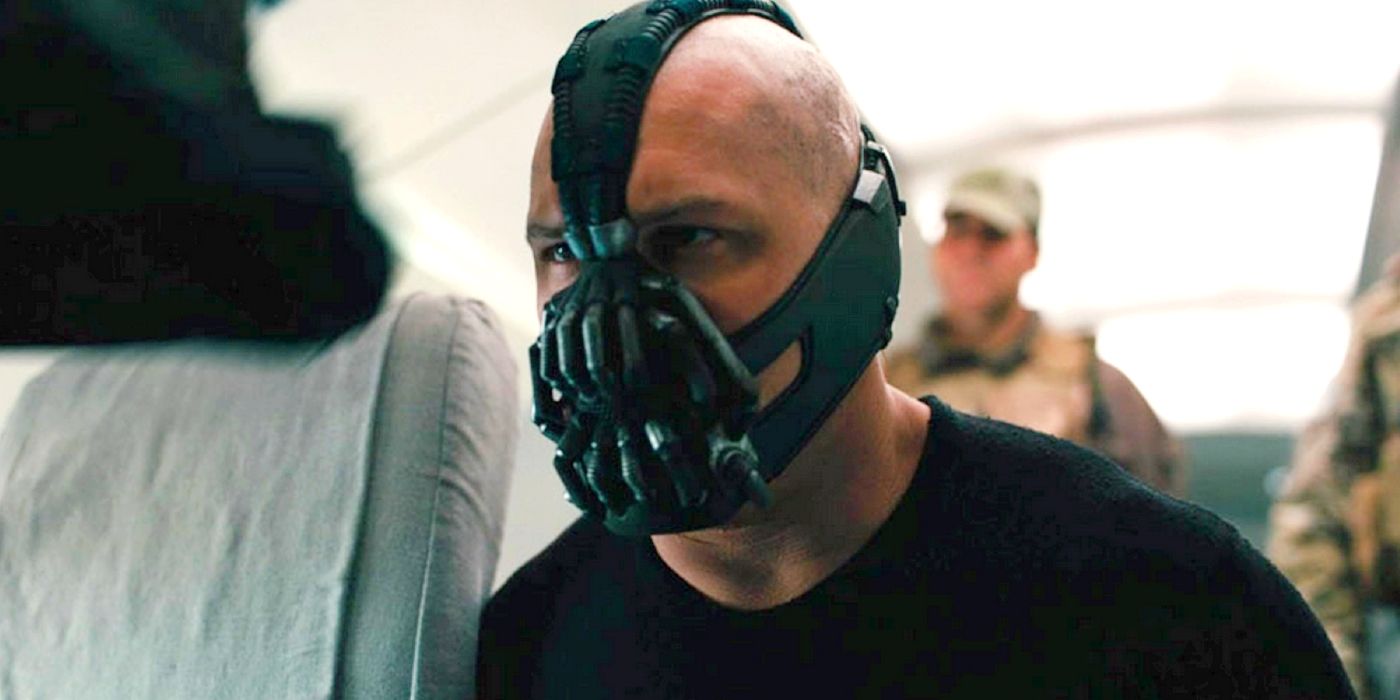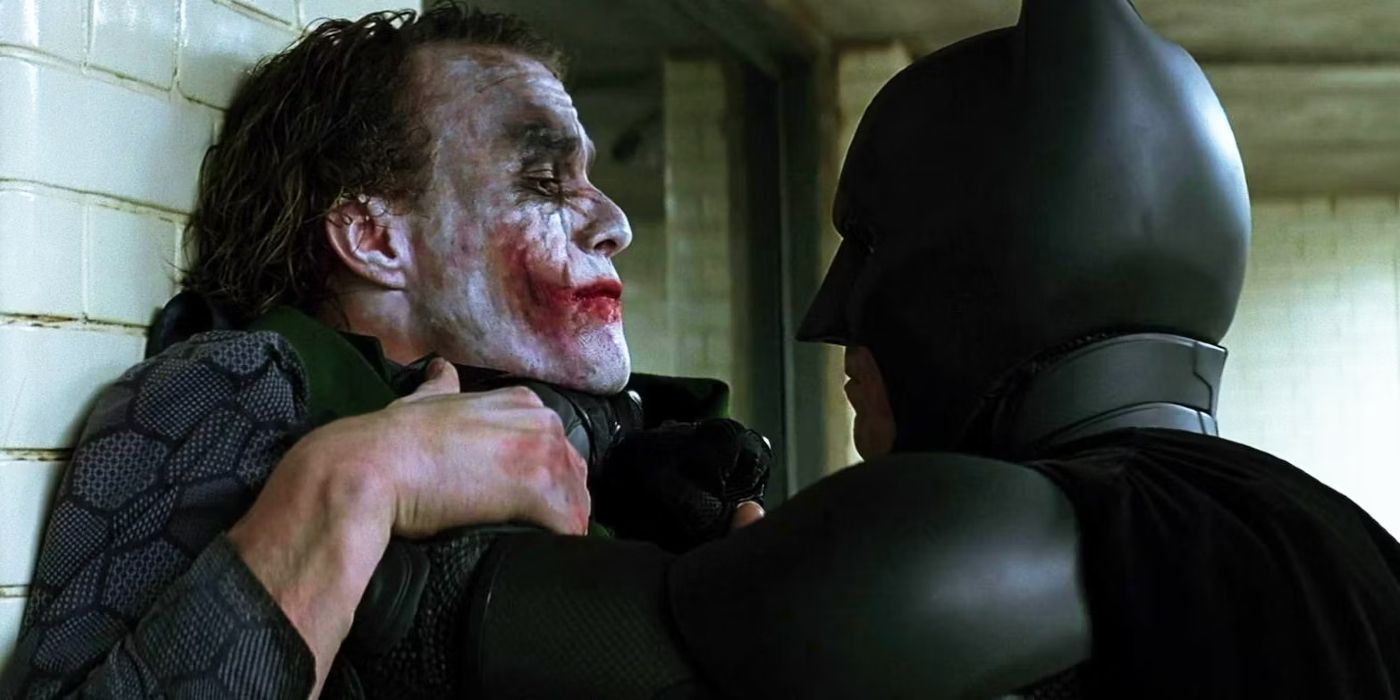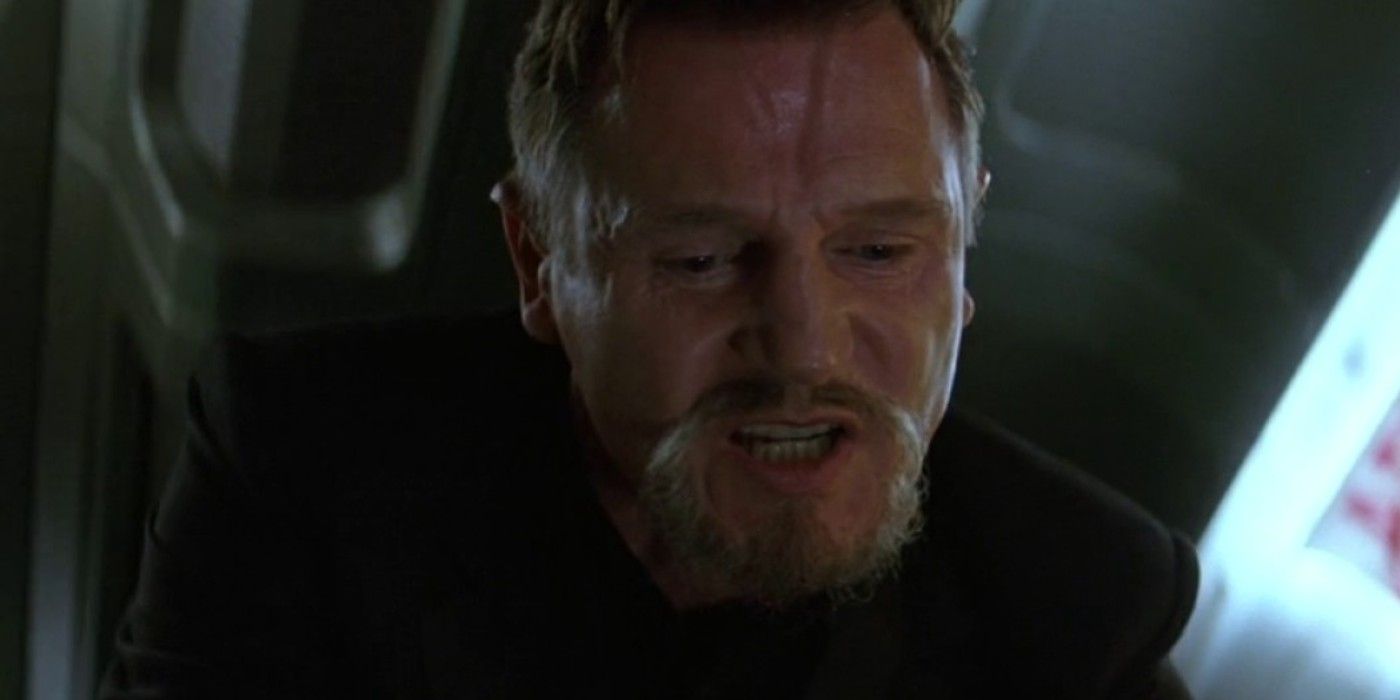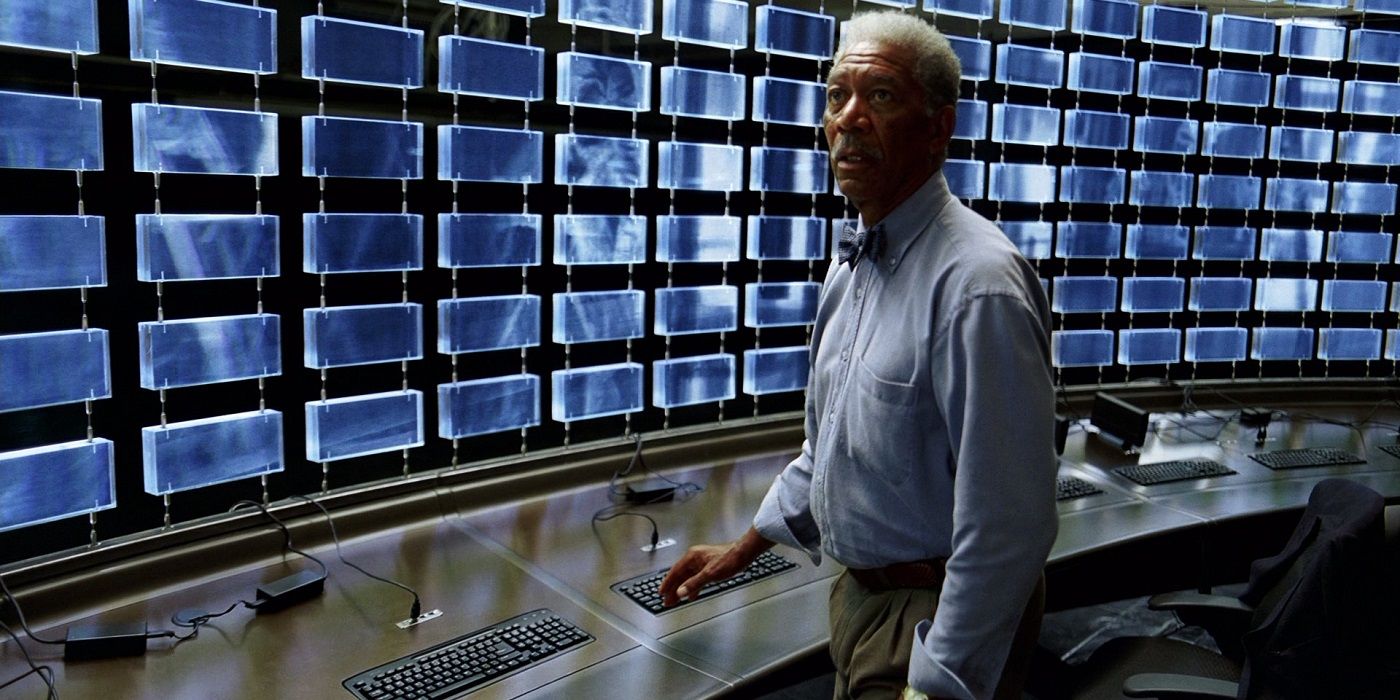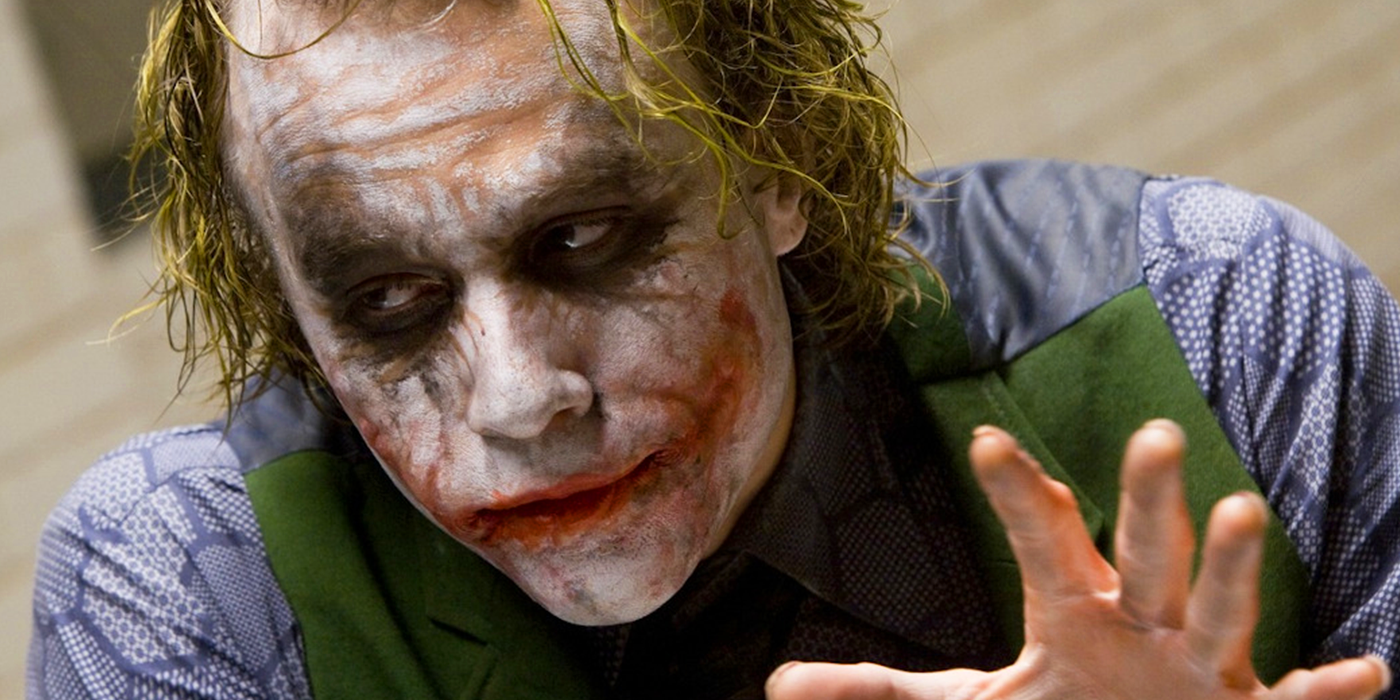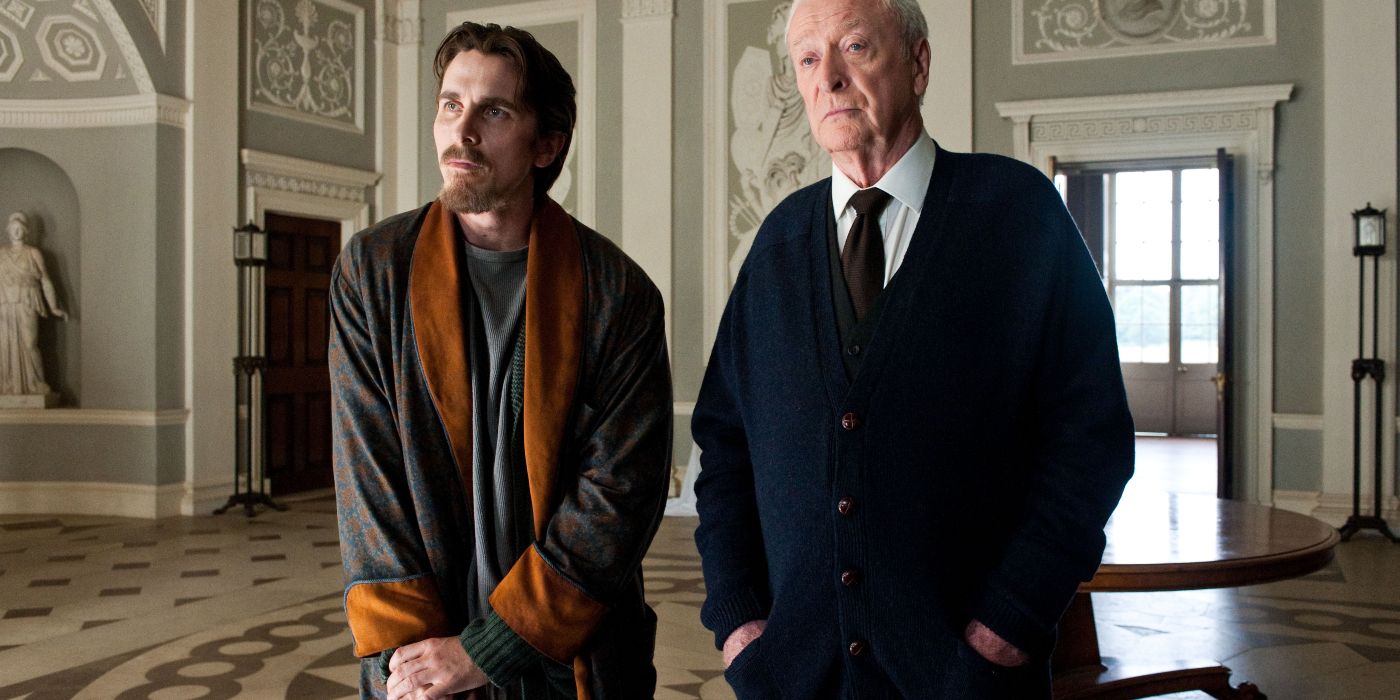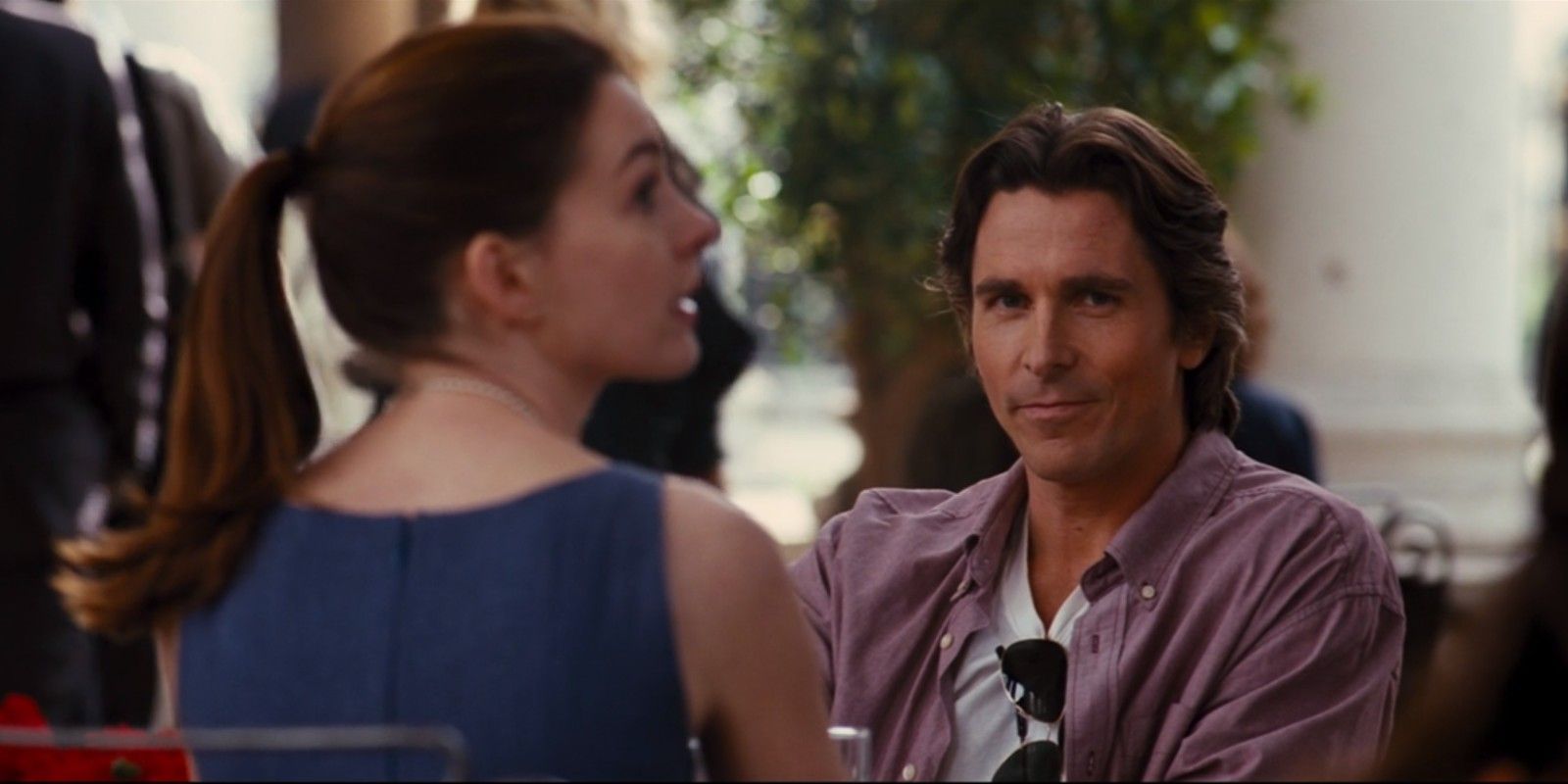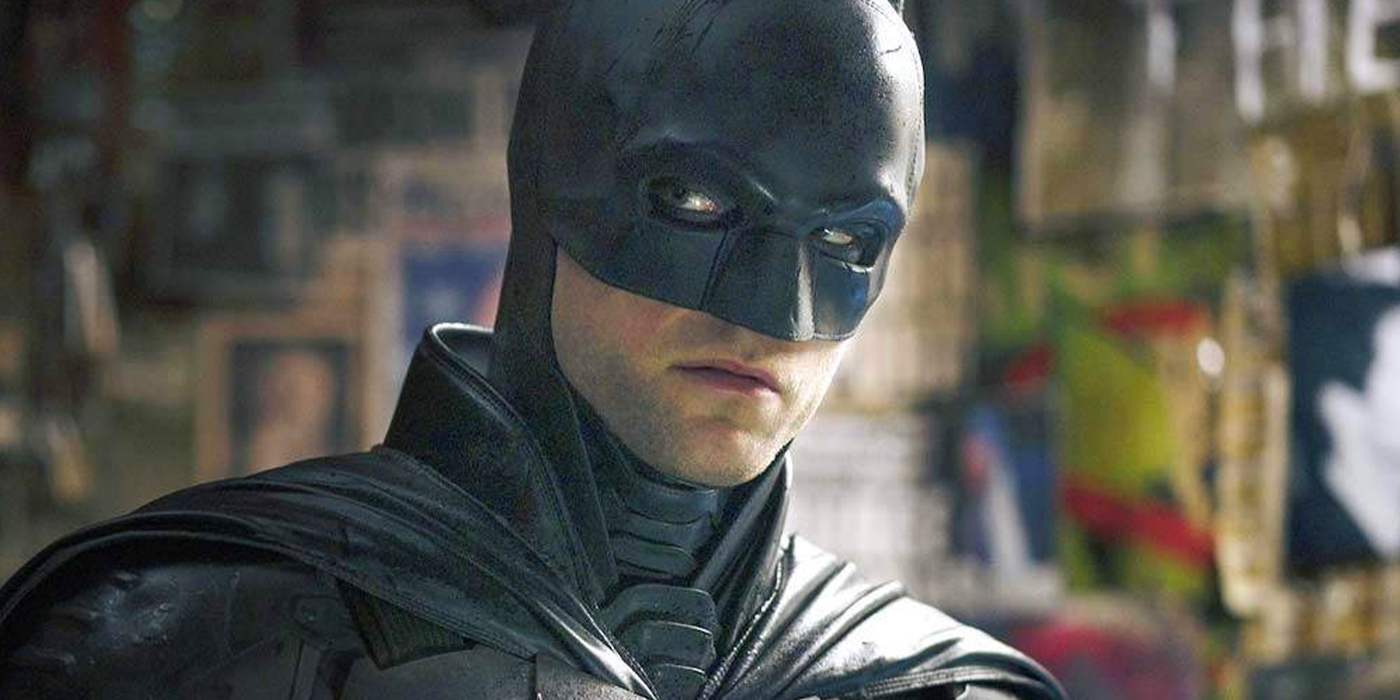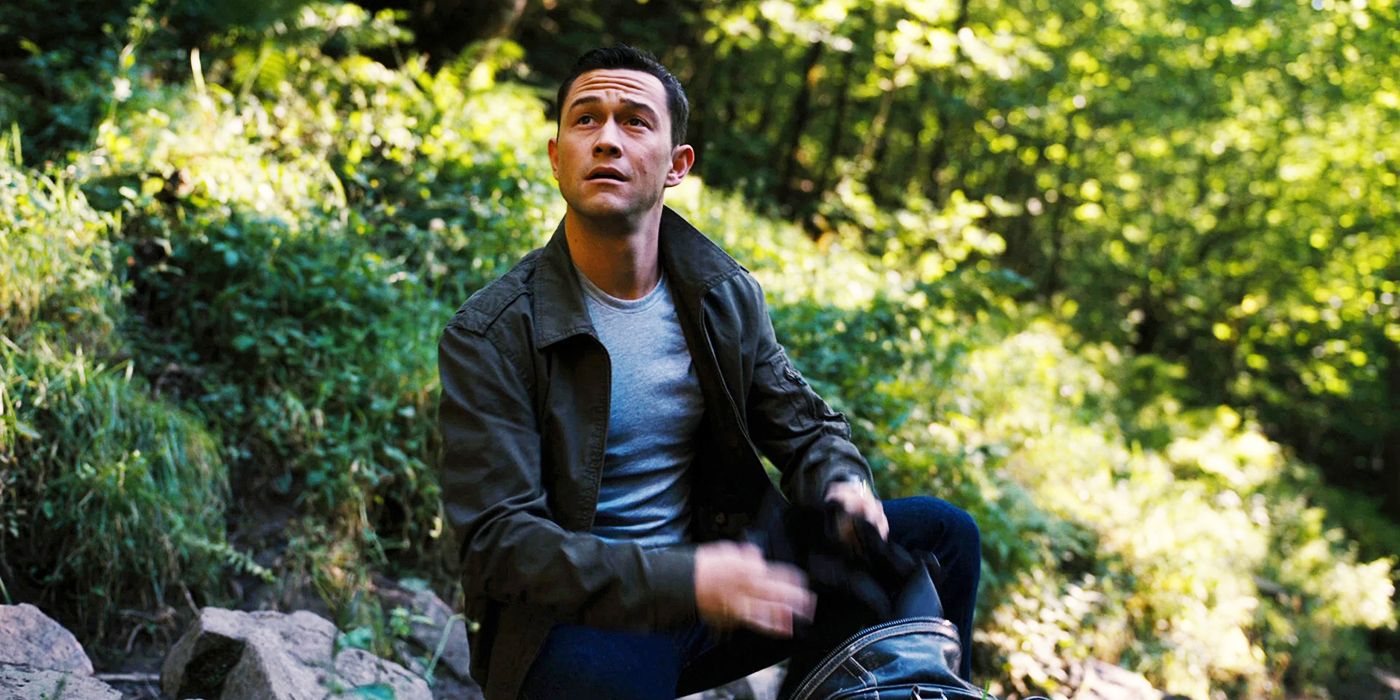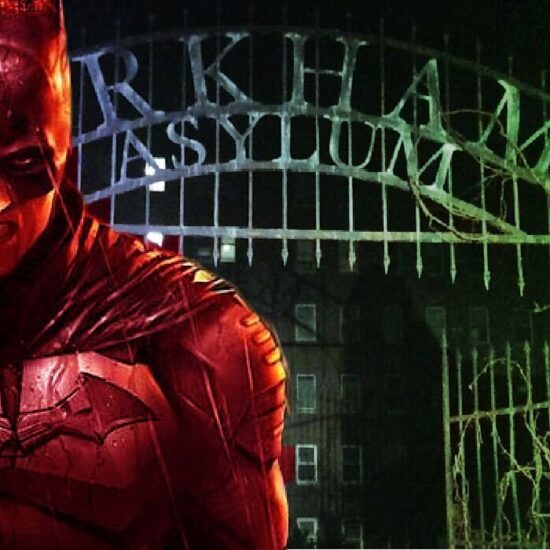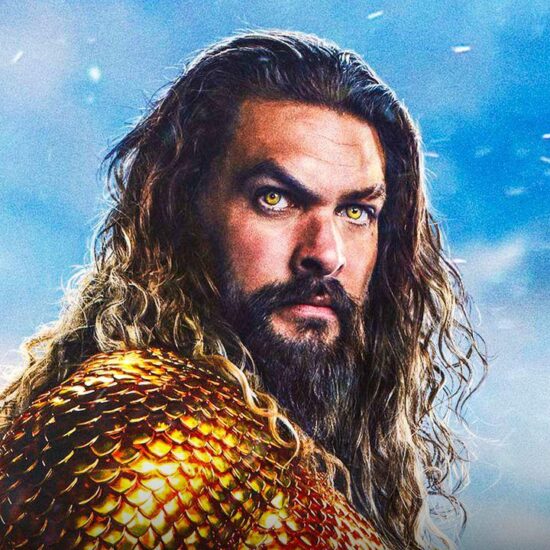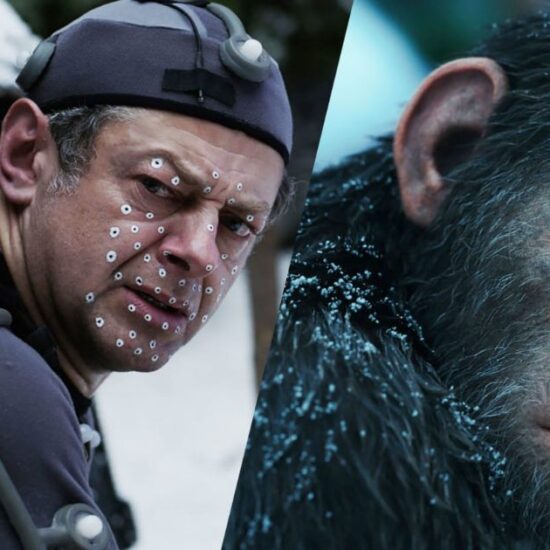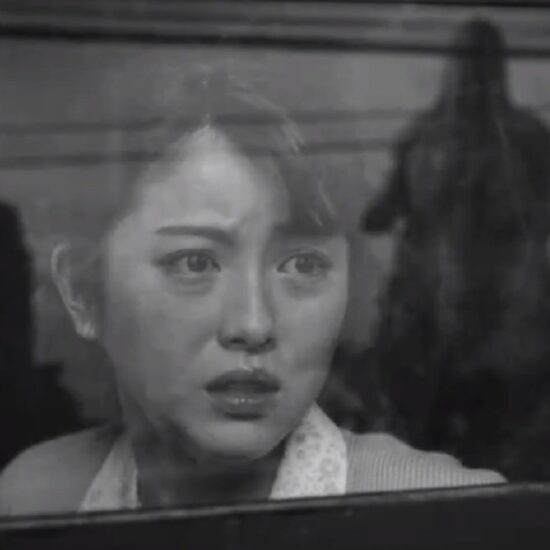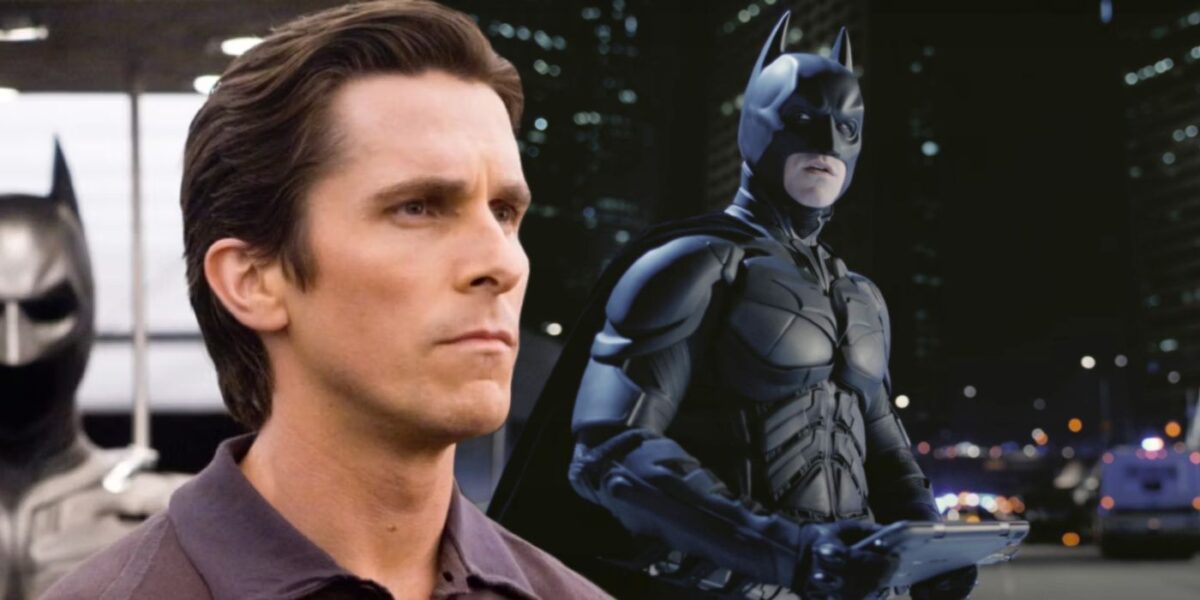
Summary
- The choice of the Tumbler as Batman’s vehicle in the Dark Knight trilogy seems impractical and reckless, undermining the character’s stealth and misdirection.
- Bane’s portrayal in The Dark Knight Rises undermines the character, with strange conceptual choices and distancing from his comic book counterpart.
- Despite Heath Ledger’s outstanding performance, the Dark Knight trilogy places more emphasis on Ra’s al Ghul as Batman’s ultimate nemesis, diluting the Joker’s importance.
Though it may be considered one of the greatest superhero adaptations of all time, rewatching Christopher Nolan’s Dark Knight trilogy over a decade after its conclusion highlights a few issues with the three-movie arc. Starting with 2005’s Batman Begins, Nolan’s Dark Knight trilogy redefined Batman for modern cinema. Doing away with the campy trappings of Burton and Schumacher’s movies highlighted just how grounded the character of Batman could be, and it proved to be a formula for success.
Followed by the critically-acclaimed 2008 sequel The Dark Knight and rounded out by 2012’s The Dark Knight Rises, Nolan’s trilogy delivered a three-film Batman arc for the ages. However, over a decade after the trilogy’s ending, the Dark Knight as a character has undergone multiple cinematic changes, with new versions of Batman gently redefining audiences’ perceptions of the character. When the hero’s past and present are taken into account, a reappraisal of the trilogy highlights a few difficult truths about the beloved movies.
10 The Tumbler Isn’t An Effective Batmobile
Though the use of military tech in his crusade against Gotham’s criminals originally seemed a grounded approach to Batman’s gadgets, the hero’s choice of Batmobile in the Dark Knight trilogy seems more than a little impractical in hindsight. As Bale’s Batman is one who relies as much on stealth and misdirection as he does brute force, a modified tank is hardly the most subtle vehicle for the crime-fighter. What’s more, it also seems to cause a great deal more damage than it prevents, which in turn makes Bale’s Batman seem particularly reckless.
9 The Dark Knight Rises’ Bane Was A Major Misstep
When it comes to villains in the Dark Knight trilogy, Bane is the most disappointing. Though Nolan’s approach to making Batman characters more realistic worked with other villains, the idea behind Tom Hardy’s Bane in The Dark Knight Rises ultimately undermines the character. Though his story touches on key elements of the character’s comic book encounters with Batman, replacing his super-steroid Venom with a mask that dosed him with painkillers was a particularly strange conceptual choice. Making him a loyal member of the League of Shadows only further removed the trilogy’s villain from his comic book counterpart, making the grounded approach feel especially half-baked.
8 The Dark Knight’s Joker Wasn’t Batman’s Arch-Nemesis
Though the Joker has been Batman’s arch-enemy for decades, their long-standing animosity doesn’t entirely translate over to Nolan’s movies. Though Heath Ledger’s Joker is inarguably the trilogy’s best villain, he only faces Batman once, whereas Bale’s Dark Knight fights the League of Shadows in two separate movies – by beginning and ending Batman’s arc with the League of Shadows, the Dark Knight trilogy makes Ra’s al Ghul his ultimate nemesis. Though Ledger’s tragic death was ultimately the reason the Joker didn’t return, this created a subtext in which the iconic villain was distinct less important within the confines of the Dark Knight trilogy’s story.
7 Batman Begins Shirks An Important Batman Idea
Though Batman Begins introduced a much darker version of Batman than previous movies, it overstepped that brief in a way that undermined his overall character. The film ends with Batman neglecting to save Ra’s al Ghul, exploiting a loophole in his “no-kill” rule to end the villain. Though he didn’t technically take his former mentor’s life, the callous use of such a technicality wastes a potentially character-defining hero moment. Batman Begins is the vigilante’s first outing, and he all but breaks his sacred rule, undermining his apparent righteousness in subsequent movies.
6 The Dark Knight Trilogy Isn’t As Grounded As It Seems
Though Nolan’s trilogy has earned itself a reputation as a grounded take on the Dark Knight, it still relies heavily on aspects of science fiction. Many of the gadgets that Batman uses utilize outlandish technology, such as the bat-summoning device in Batman Begins, or the sonar spy program in The Dark Knight. Though complete realism isn’t essential for Batman stories, the reputation for gritty realism enjoyed by the Dark Knight trilogy appears to be slightly less justified in hindsight.
5 Heath Ledger’s Joker Is By Far The Best Character (Despite Only Appearing Once)
The Dark Knight features the most likable villain in all of Christopher Nolan’s movies, and rewatching the trilogy highlights just how superior the villain is to Batman himself. Ledger’s Joker is electric and hypnotic, brilliantly written, and brilliantly acted. This ultimately makes him a far more compelling character than Bale’s Batman, who is decidedly less complex and generally serves as a fairly straightforward adaptation of the hero. The way in which Ledger’s Joker adds to the mythos of the villain not only makes The Dark Knight the best of the trilogy, but he makes Batman seem boring by comparison.
4 The Trilogy Rushed An Important Batman Arc
The Dark Knight Rises concludes the trilogy, but in doing so, it rushes one of Batman’s most beloved comic book stories. The Dark Knight Returns follows an aged Bruce Wayne returning to crime-ridden Gotham despite his advancing years, juxtaposing Bruce Wayne’s mortality against the timeless symbol of Batman. The Dark Knight Rises begins with an older, retired Bruce Wayne being told he’s physically unable to continue his vigilantism, subtly hinting at parallels between the story and The Dark Knight Returns. However, the film – and indeed, the trilogy – does no justice to that story and instead rushes Bruce out of retirement in order to get him into the action.
3 The Dark Knight Trilogy Leaves Countless Batman Stories Untold
Condensing the entire Batman mythos into a single trilogy of films is an impossible task, and the Dark Knight trilogy does a commendable job of telling its own Batman story. However, as well-made as the three-film arc may be, it’s hard to ignore just how many Batman stories will never exist in Nolan’s continuity: iconic villains are entirely absent, the idea of Batman’s sidekicks is, at best, an afterthought, and the Caped Crusader only faced the Joker on one occasion. Though Nolan’s movies are excellent, there’s simply not enough of them to do the world of Batman any real justice.
2 Subsequent Batman Movies Improved Upon Nolan’s Formula
The Dark Knight trilogy received praise on two major fronts: it was a gritty and grounded approach to Batman’s story. However, in the years since its conclusion, other versions of the hero have done these individual ideas better – Ben Affleck’s Batman dialed up the grittiness and still managed to conceivably exist alongside other heroes, while Robert Pattinson’s Dark Knight doubled down on its grounded nature to deliver an even more realistic take on Batman. Though the quality of each movie is ultimately subjective, the Dark Knight trilogy’s best ideas have been more robustly explored elsewhere since its conclusion.
1 The Dark Knight Rises Doesn’t Give A Satisfying Conclusion To Batman’s Story
In many ways, The Dark Knight Rises fails to deliver a satisfying end to Batman’s narrative arc. Though having him save Gotham one final time is touching, it’s not an epic conclusion, nor does it end in the ultimate heroic sacrifice: Batman simply fakes his death and retires to a peaceful existence far from Gotham. John Blake potentially assuming the mantle of Batman makes for a nice ending, but it doesn’t do anything to pay off the lessons Bruce has learned about heroism and sacrifice over the course of the trilogy. As excellent as the Dark Knight trilogy may be, its ending ultimately leaves a great deal to be desired.







